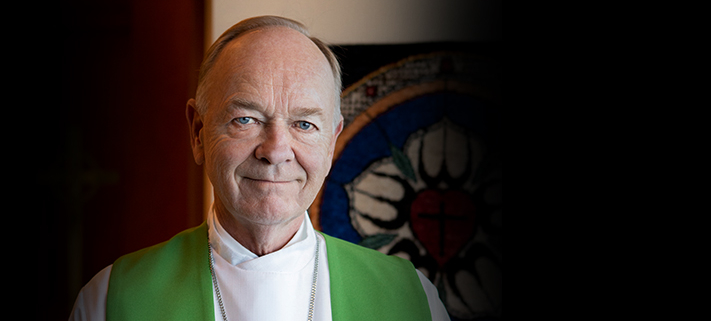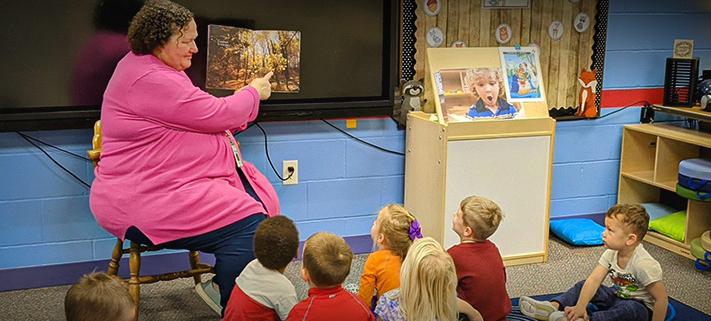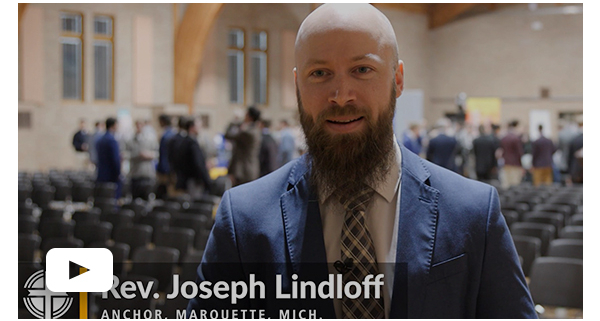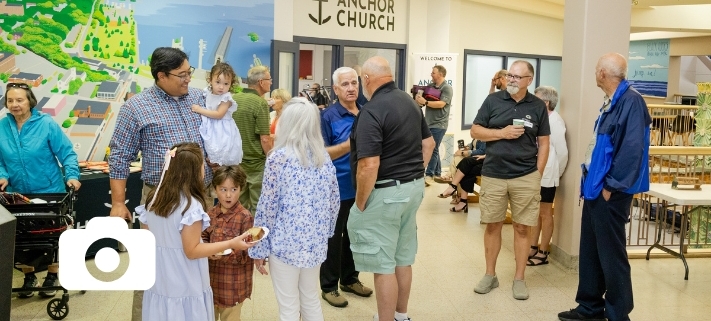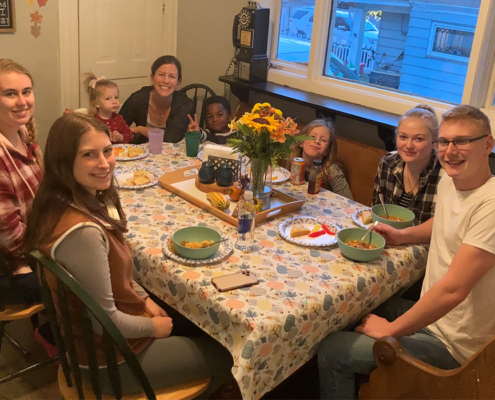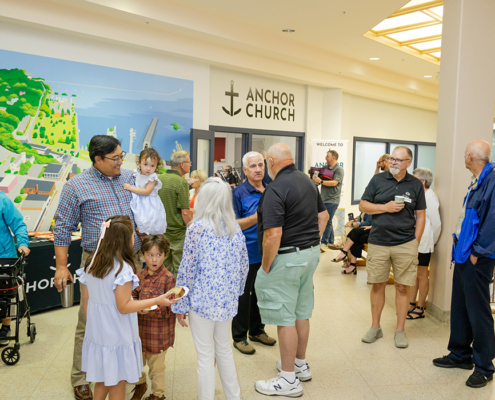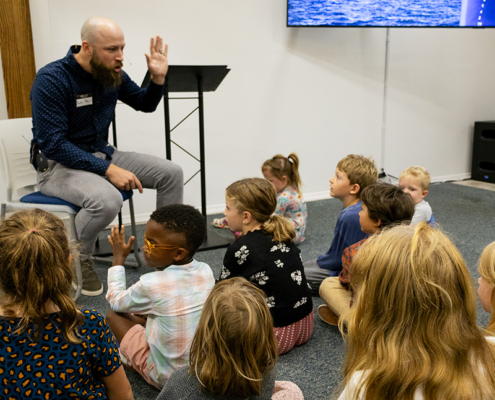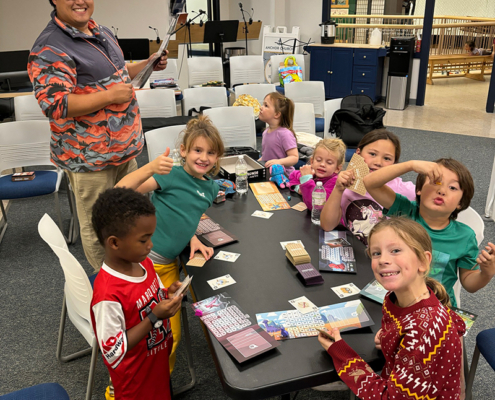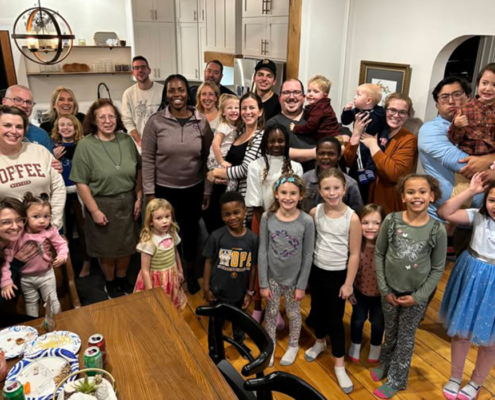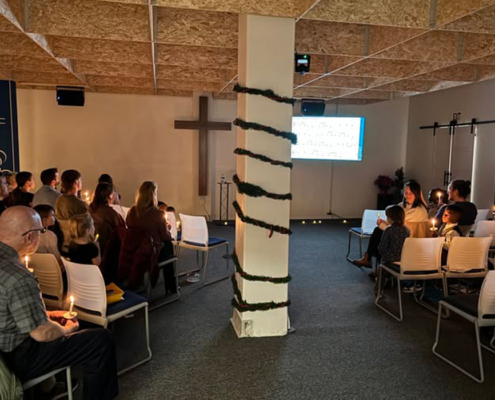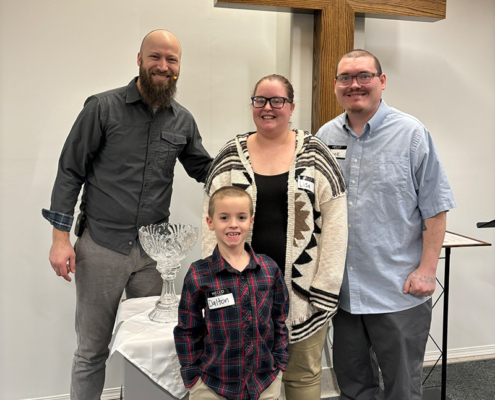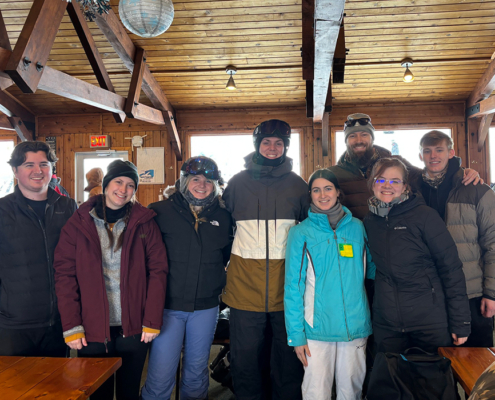Federal funding for Lutheran organizations
Recently it was disclosed that several Roman Catholic and Lutheran social service organizations have been receiving federal funding for humanitarian aid or community services from the U.S. Department of Health and Human Services. It’s been reported that much of this funding has been directed toward assistance to immigrants and refugees. We have received questions about whether our synod is involved in any of this kind of effort.
The Wisconsin Evangelical Lutheran Synod (WELS) has no financial or operational relationship with the Lutheran agencies that received these funds. WELS does not provide financial support to them and does not work with them in any way. Our synod has not applied for nor received any grant from the federal government for relief work among immigrants. When you hear the word “Lutheran” in the news reports, it does not refer to our synod.
One of the Lutheran groups identified as having received federal dollars (for youth mental health treatment) is Wisconsin Lutheran Child & Family Service, Inc. (WLCFS; known as Christian Family Solutions). WLCFS, which is known for providing quality Christian counseling services to our members and the community, is not a synodical organization; rather, it is an independent ministry affiliated with WELS. WLCFS is not governed or funded by WELS.
WELS does have its own disaster and humanitarian aid organization called WELS Christian Aid and Relief. This organization receives no federal funding and carries out its work of helping the needy and providing humanitarian grants solely with the generous support of WELS congregations and individual donors.
Because there are some erroneous or misleading reports in the news and on social media, we are informing you, the members of our synod, in case you have questions about this or receive questions about it from others.
Serving with you in Christ,
WELS President Mark Schroeder

